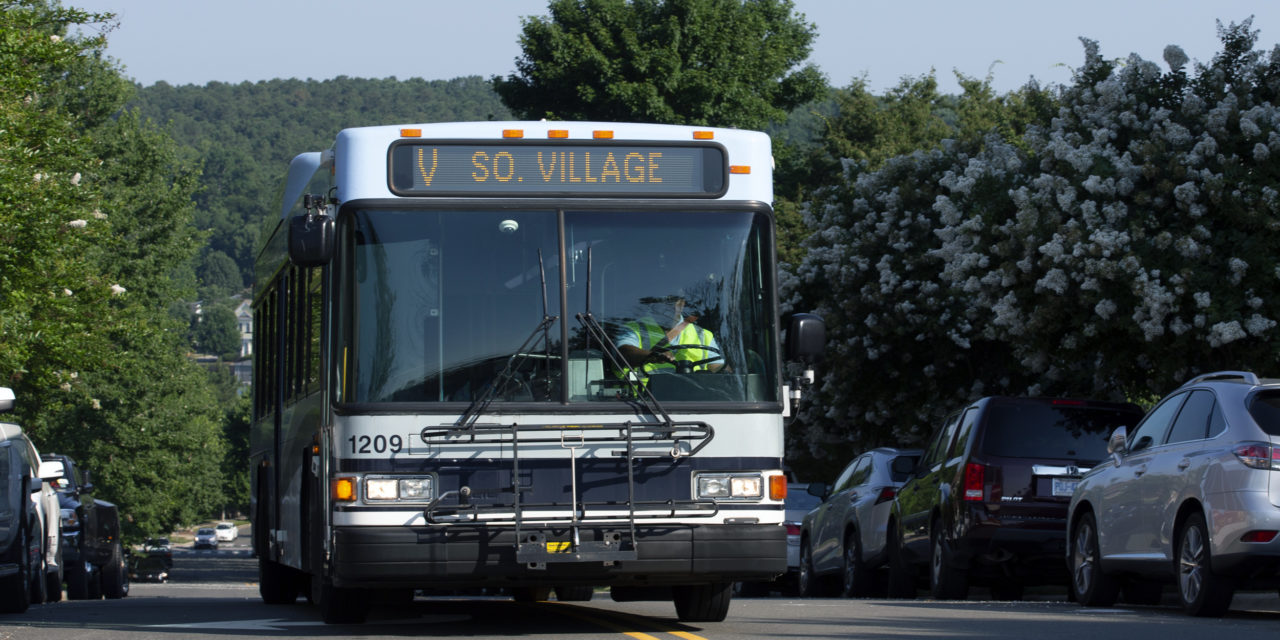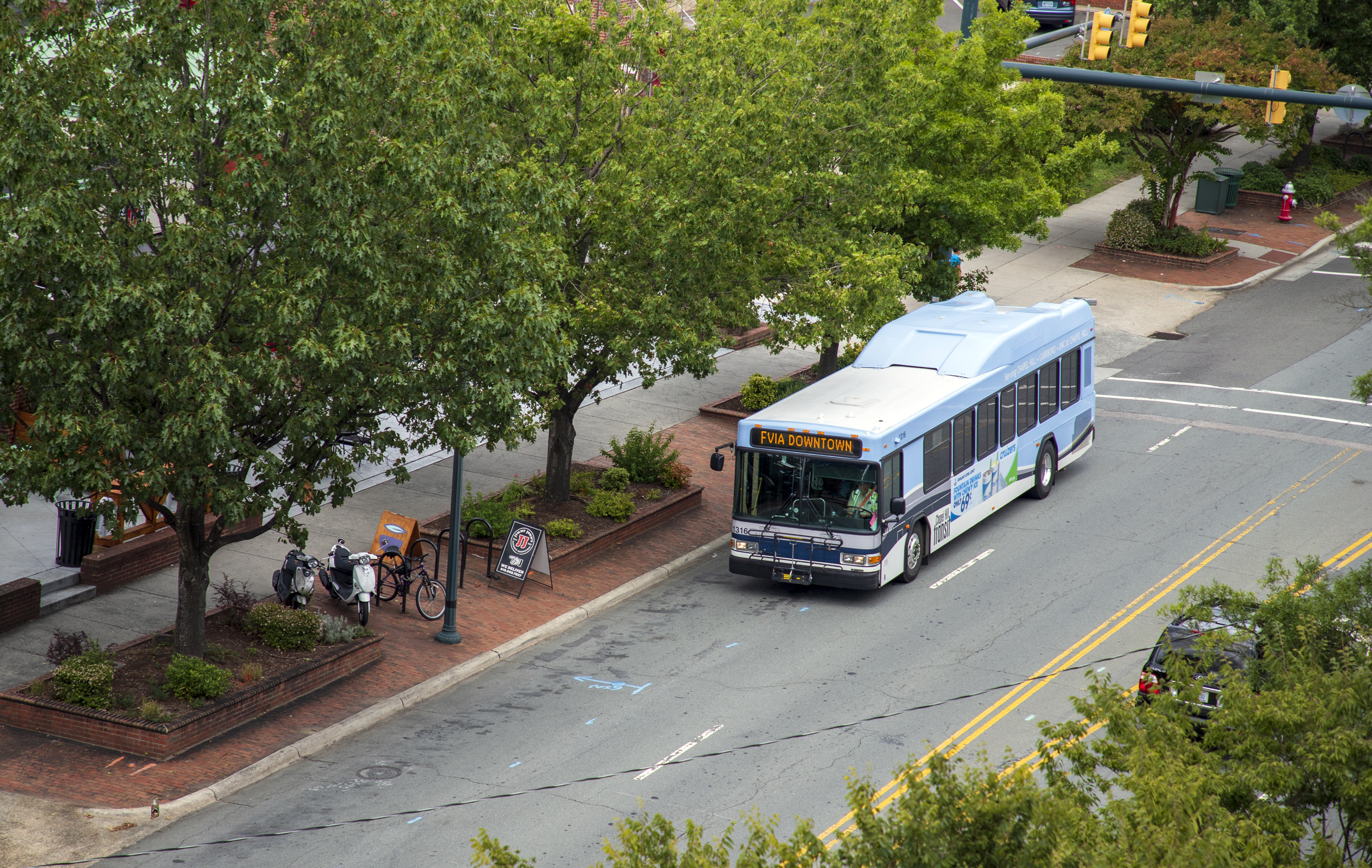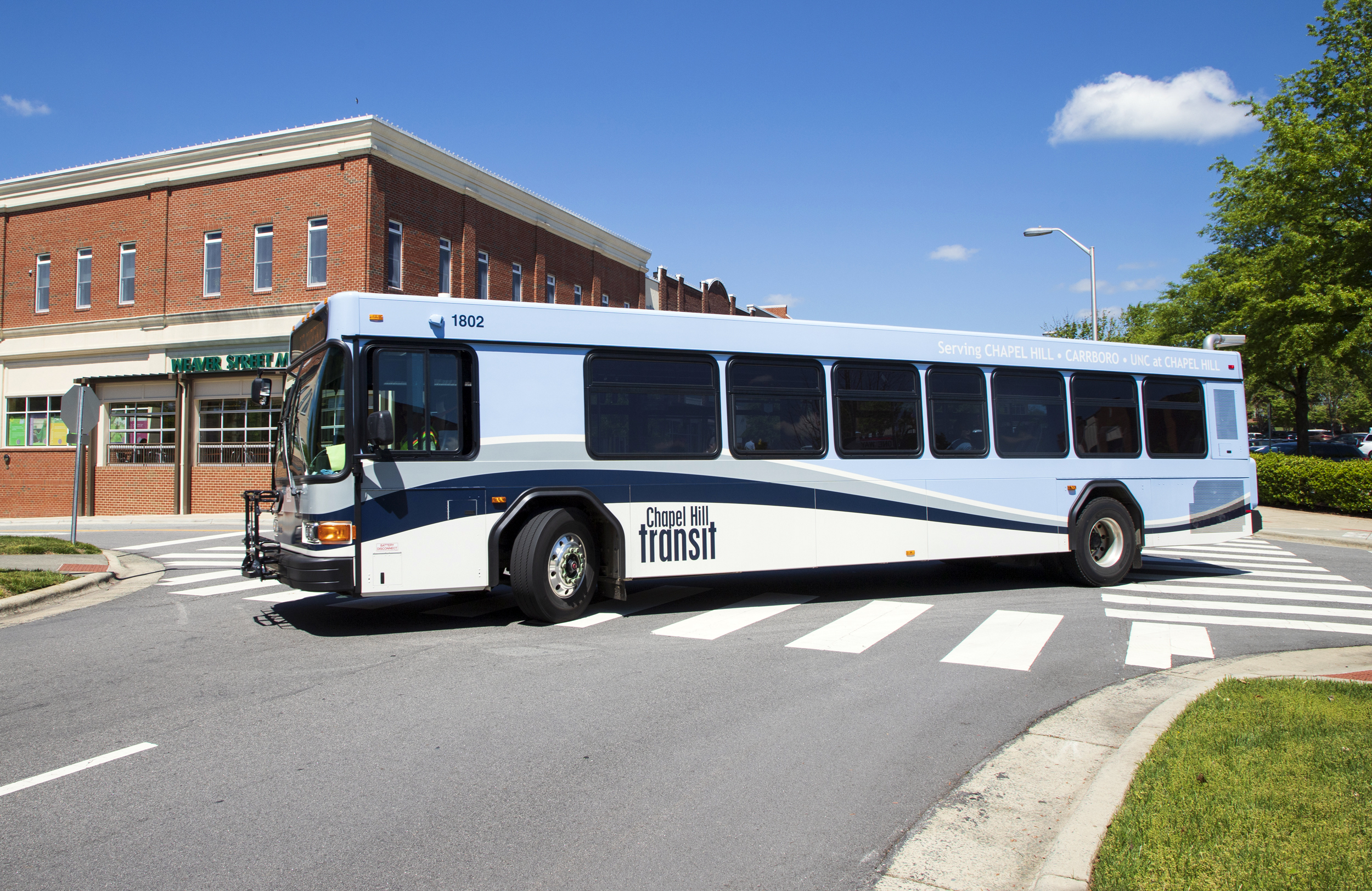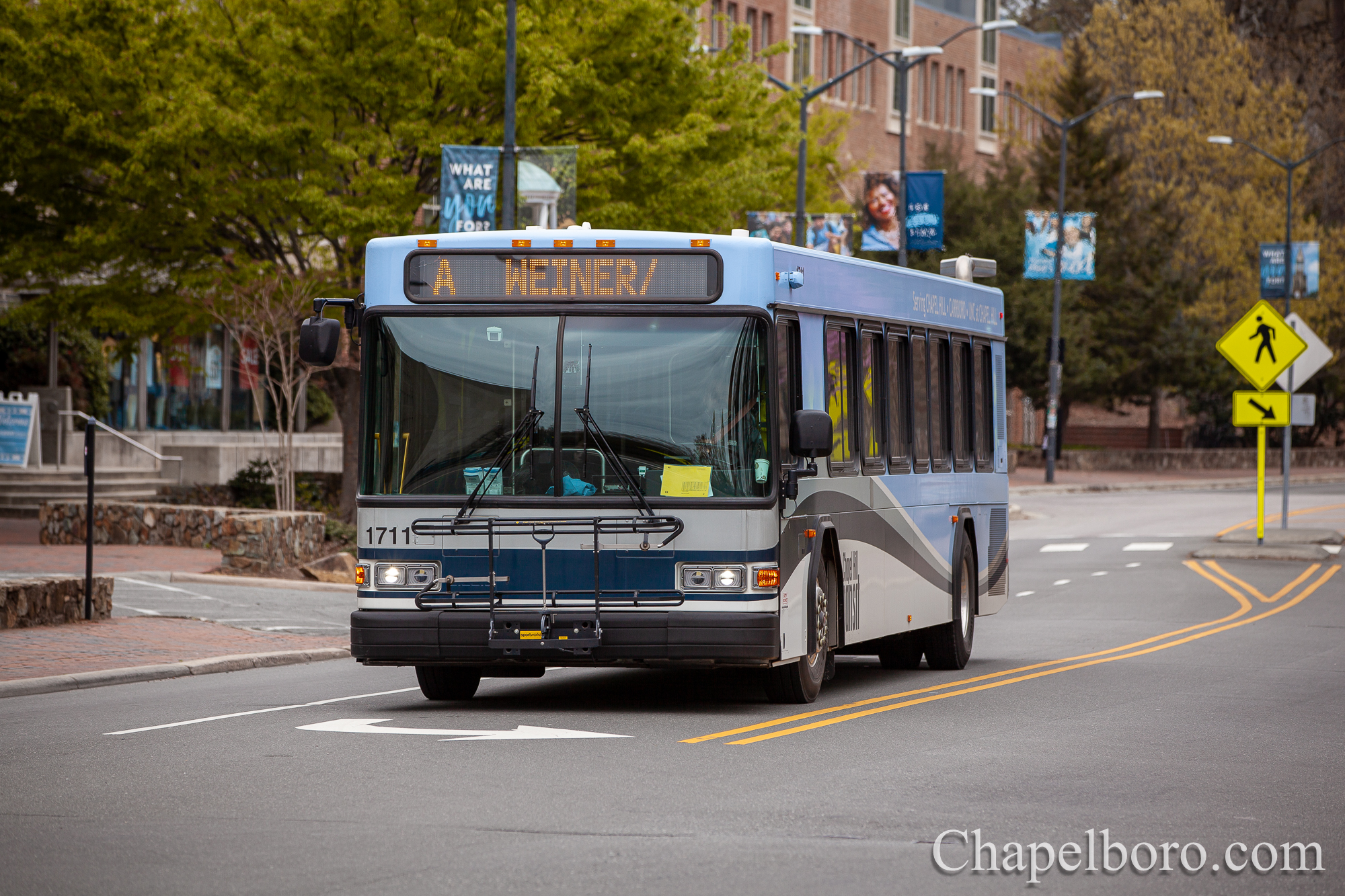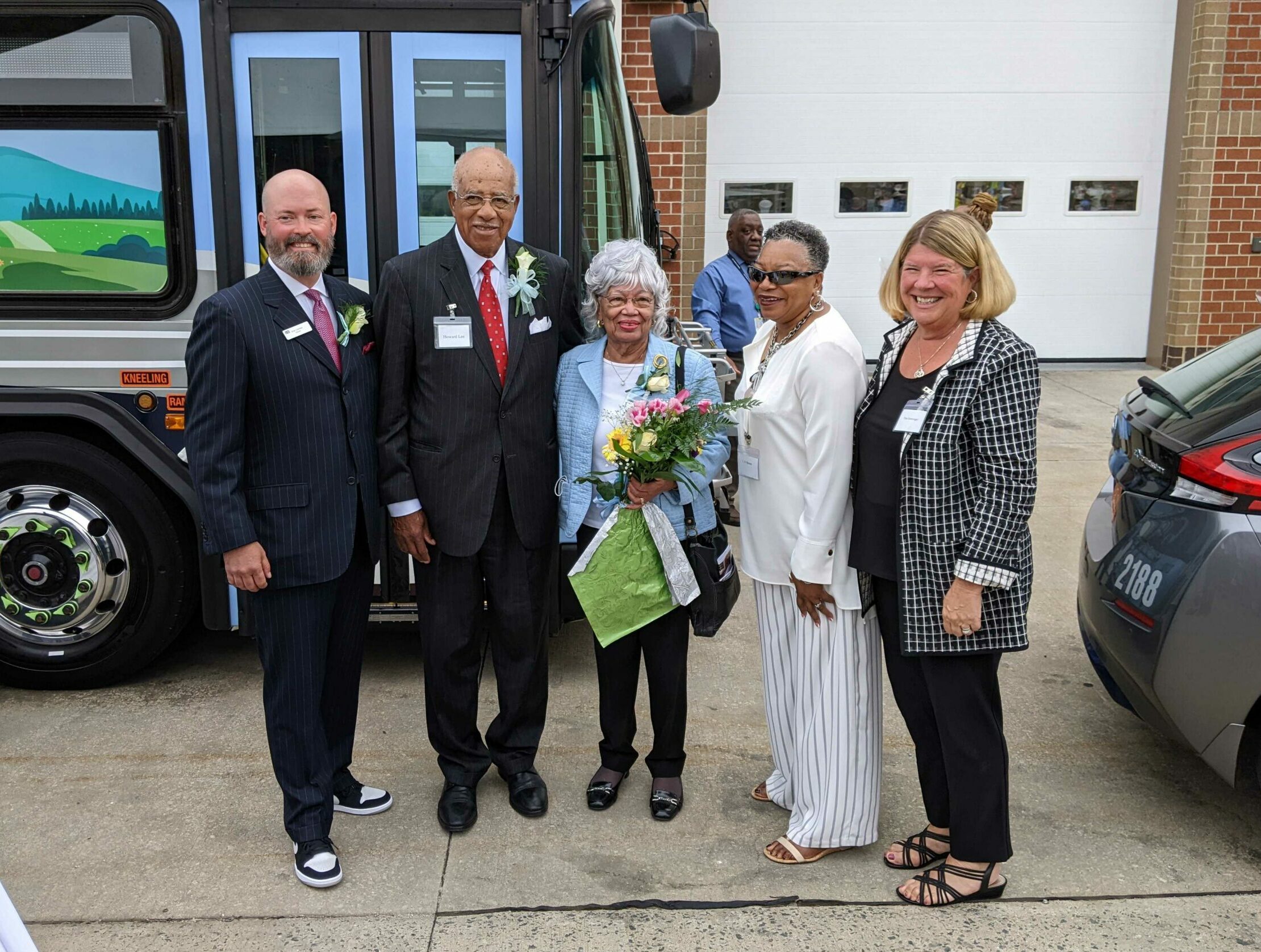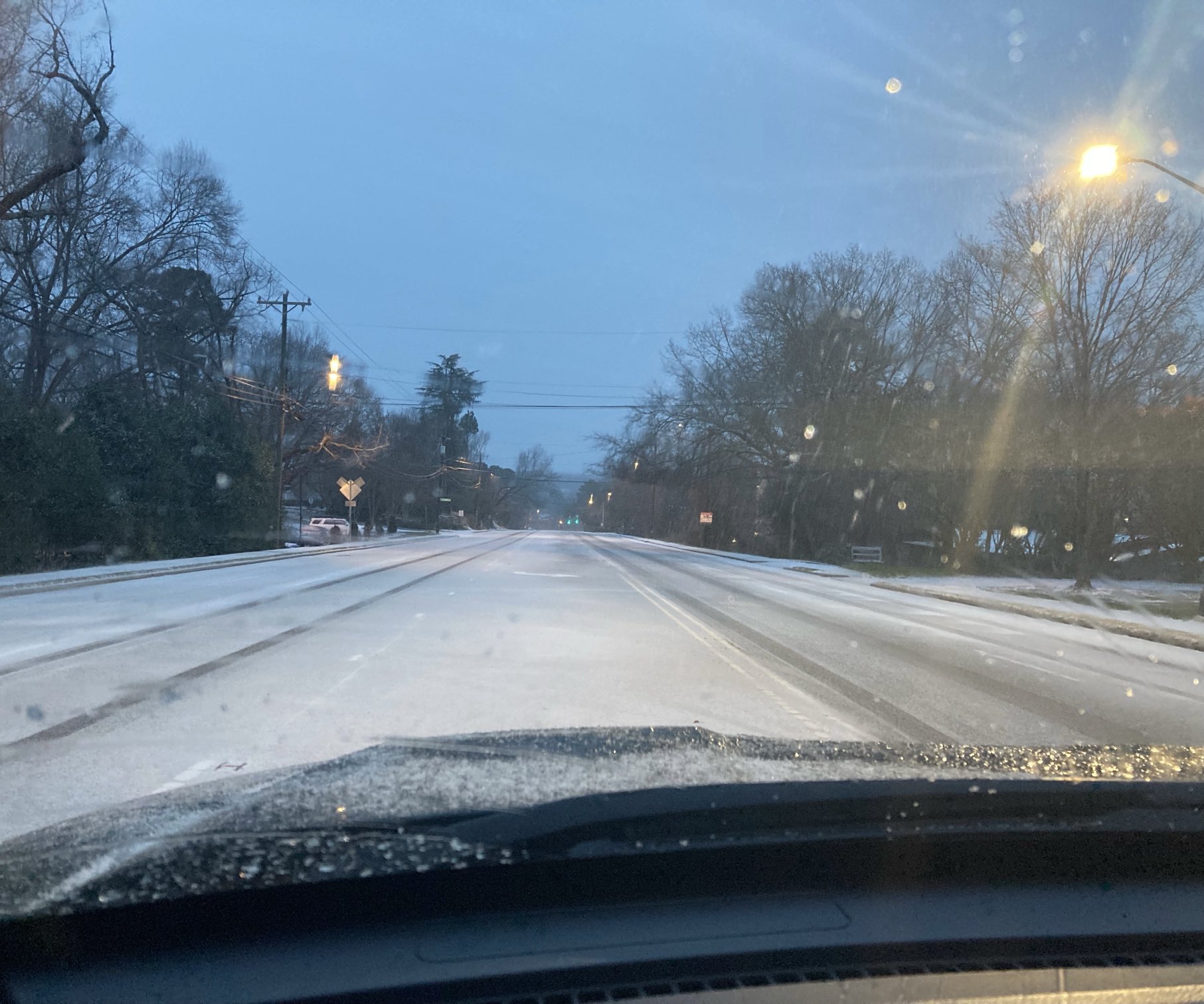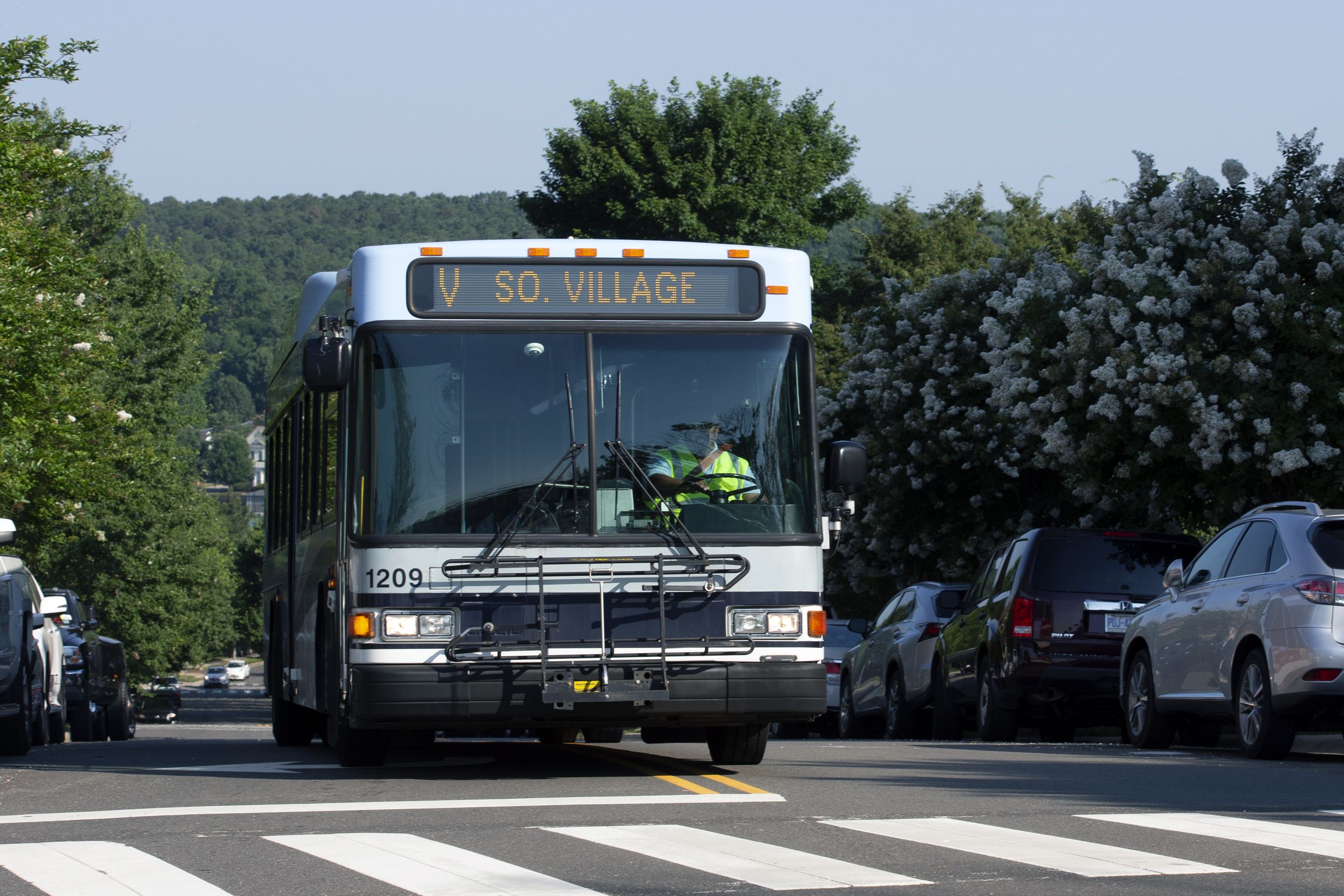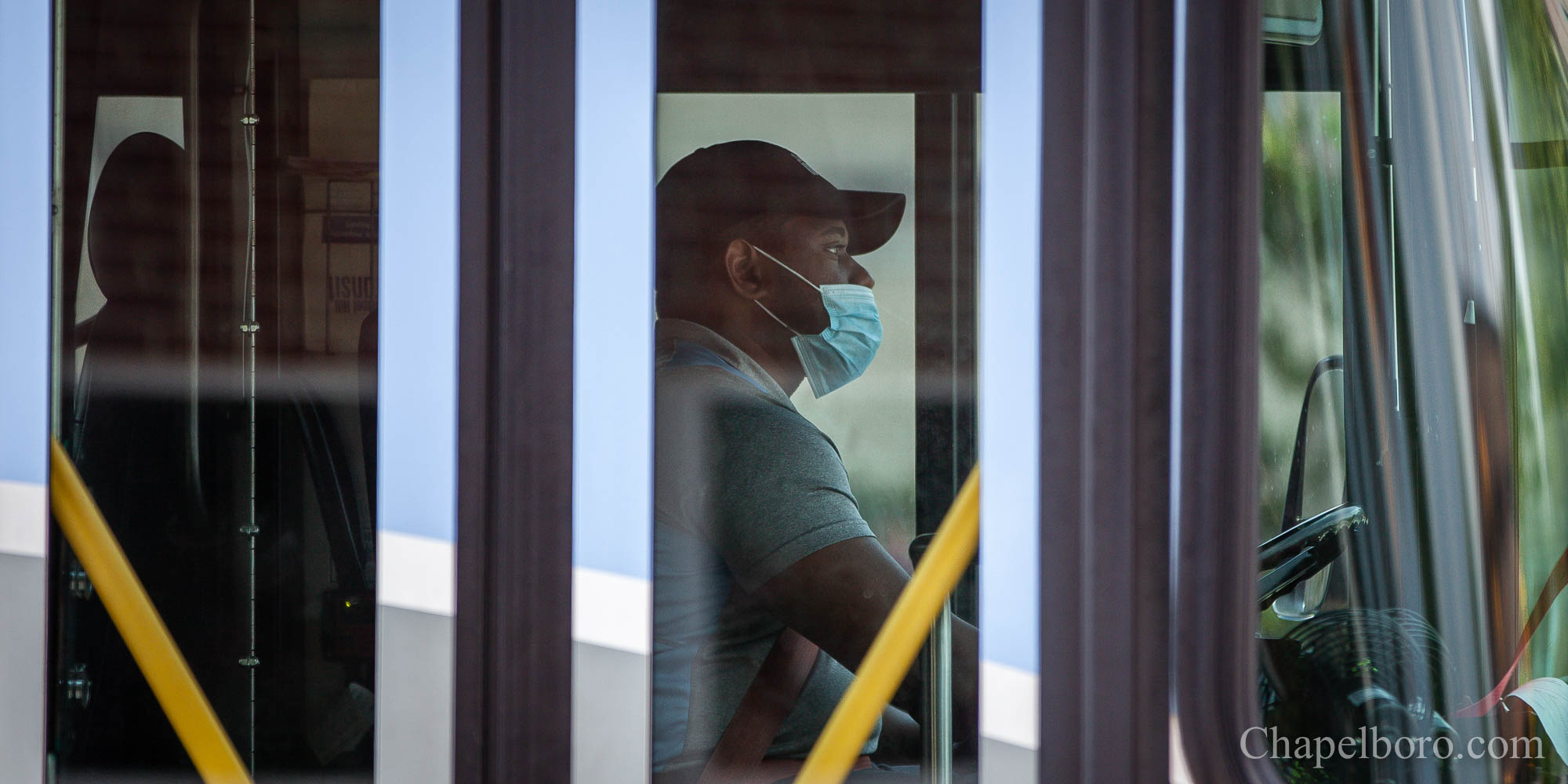Chapel Hill Transit returned to full service operations in August, but some riders are seeing changes to their routes.
The transit system is experiencing a critical operator shortage. Typically entering a new school year there are 130 to 140 operators. This year, however, there are only 86.
Brian Litchfield, the director of Chapel Hill Transit, said they are down about 36 full time positions and 15 temporary positions. Of the 36 full time positions, Litchfield said 15 were the result of people who chose to retire.
“For those folks that achieved 20 and in some cases 30, 35 years of service, I don’t hold that against them,” the transit director said. “You’ve done your time, and even if you are interested in working more, almost all of them cited COVID as a reason why they were choosing to execute their retirement at that time.”
On August 25, Chapel Hill Transit announced the frequency of buses on each route is going to decrease. That’s in addition to adjustments Chapel Hill Transit made preparing for the worker shortage said Litchfield.
“That plan assumed that we’d be able to hire some folks and bring them on and have them ready to go by August,” Litchfield said. “Unfortunately, that’s not been the case. What we’ve had to do unfortunately is to make really hard decisions about which services are operating and which are not. We never want to miss a trip.”
Litchfield said changes in service operation are to make the buses more reliable for riders and to help existing operators.
To help fill the shortage, some drivers are working overtime and supervisors, mechanics and managers are taking shifts as well, but Litchfield said this isn’t sustainable.
“While we’re not able to operate all of our trips that we would normally operate, we’ll be able to say with a high certainty these are the routes we will be able to operate and the trips on these routes that we’ll be able to operate,” Litchfield said.
Other changes riders could expect are hours of service. Litchfield said a route which normally runs until 9 or 10 may only be able to run until 8. He also said routes which normally run on 20 minute frequencies may only be able to run on 40 minute frequencies.
“We’re going to try not to eliminate full routes,” Litchfield said. “Trips may be eliminated or significant numbers of trips may be eliminated on some routes, however, we don’t want to eliminate any routes.”
Chapel Hill Transit is not the only bus system seeing operator shortages this fall. Chapel Hill-Carrboro City Schools is also facing a lack of drivers, even as the school year just began.
Litchfield asked riders to be patient with their transit operators – especially because of lack of staff. Training new drivers takes about 16 weeks and there are currently six drivers in the training process.
Potential drivers must be at least 18 years old, have a valid drivers license, a clean driving record within at least the past five years and a desire to serve customers in the Chapel Hill community.
Litchfield said full time drivers will receive benefits like employer-provided health care, a 401K plan and eligibility for the state retirement system. Additionally, new drivers have a starting wage of $16.80 an hour.
Although changes are occurring with Chapel Hill Transit’s operations, Litchfield stressed to riders these changes are temporary.
“These are not because of demand challenges or low ridership or any of those things where we might normally adjust a route or eliminate it,” Litchfield said. “These are simply due to staffing changes and we’re making these only because we absolutely have no other choice at this point in time based on the number of folks we have to operate those services.”
Chapel Hill Transit will announce full details on changes to service next week.
Chapelboro.com does not charge subscription fees. You can support local journalism and our mission to serve the community. Contribute today – every single dollar matters.

